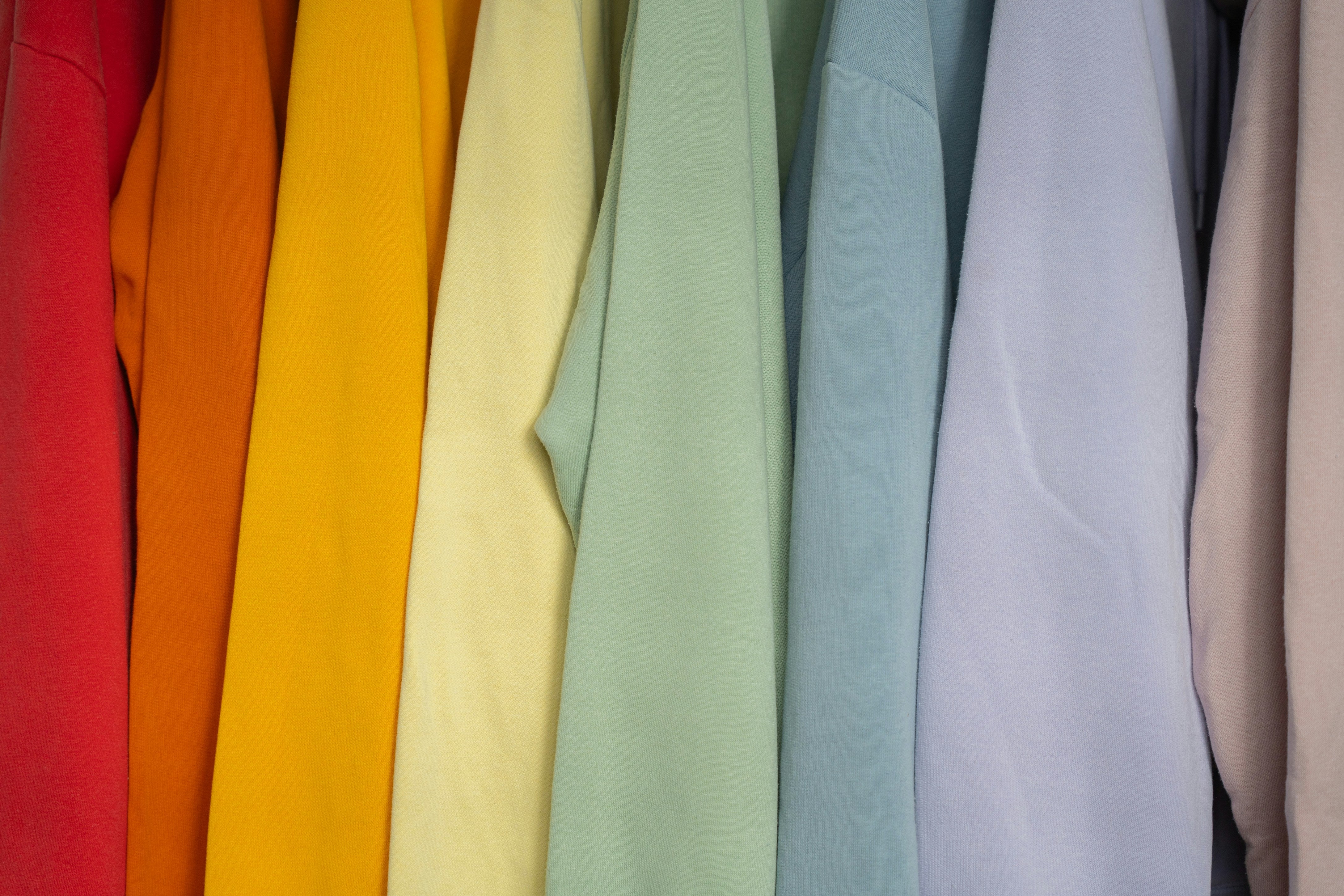In a world where synthetic fabrics dominate the market, organic cotton clothing is making a strong comeback—and for good reason. As parents, we always seek the best for our children, and choosing organic cotton garments is a step toward ensuring their health and comfort while also protecting our planet.
Why Organic Cotton Is Best for Kids
1. Gentle on Sensitive Skin
Children’s skin is far more delicate and absorbent than that of adults, making it crucial to choose fabrics that are free from harsh chemicals. Conventional cotton is often treated with pesticides, insecticides, and synthetic dyes that can cause skin irritation, allergies, and even respiratory issues. Organic cotton, on the other hand, is grown without toxic chemicals, making it softer, safer, and ideal for kids with eczema or sensitive skin.
2. Free from Harmful Chemicals
The production of non-organic cotton involves a heavy use of pesticides and synthetic fertilizers, some of which can remain in the fibers even after processing. These residues can be absorbed by the skin, potentially disrupting a child’s developing endocrine system and immune function. Organic cotton clothing is free from these harmful substances, ensuring a safer option for children’s everyday wear.
3. More Breathable and Comfortable
Organic cotton fibers are naturally softer and more breathable than their conventionally grown counterparts. This means better air circulation, less moisture retention, and a reduced risk of heat rashes or discomfort—perfect for active kids who are constantly on the move.
The Environmental Benefits of Organic Cotton
1. Reduces Water Pollution
The cultivation of conventional cotton relies heavily on chemical pesticides and fertilizers, which run off into water bodies, polluting rivers and harming aquatic life. Organic cotton farming eliminates the use of these harmful chemicals, preserving water quality and ensuring safer ecosystems.
2. Saves Water
Cotton is an extremely water-intensive crop, but organic cotton uses significantly less water compared to conventional farming methods. By using sustainable farming techniques such as rainwater harvesting and crop rotation, organic cotton farmers conserve precious water resources and minimize environmental strain.
3. Lowers Carbon Footprint
The production of conventional cotton contributes significantly to greenhouse gas emissions due to its reliance on synthetic fertilizers and machinery-driven farming practices. Organic cotton farming, however, promotes healthier soil, requires less energy, and absorbs more carbon dioxide from the atmosphere, making it a more climate-friendly choice.
4. Promotes Ethical Farming and Fair Wages
Most organic cotton farms follow fair trade practices, ensuring better wages and working conditions for farmers. Unlike conventional cotton farming, where workers are often exposed to hazardous chemicals, organic farming provides a safer and healthier environment for agricultural workers and their families.
Making the Switch to Organic Cotton
Choosing organic cotton clothing for your kids is a simple yet powerful step towards a healthier lifestyle and a more sustainable world. While it may come with a slightly higher price tag, the long-term benefits for your child’s health and the environment far outweigh the cost. By supporting organic cotton, you are not only providing your little ones with comfort and safety but also contributing to a cleaner planet for future generations.
Switching to organic cotton isn’t just a fashion statement—it’s a commitment to healthier kids and a healthier planet. Next time you shop for your children, consider the impact of your choices and make the sustainable switch to organic cotton clothing!



